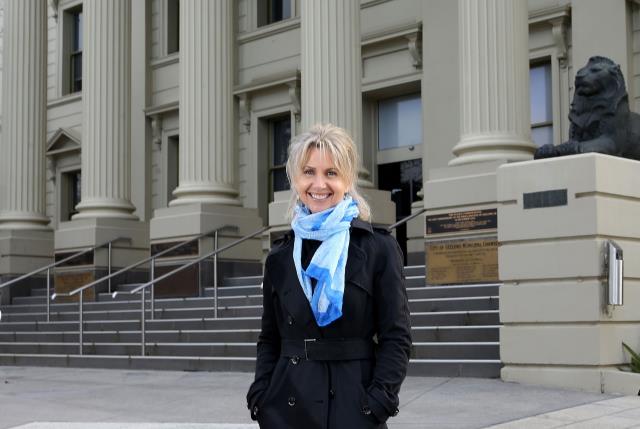It can be easy to overlook that local councils are the only level of government to consult their community when developing a Council Plan and an annual budget.
Via conversations in the street, at councillor listening posts, at organised public forums, at council meetings and the budget submissions panel hearing – we take in a variety of feedback and perspectives for more than two months from the release of the draft budget.
Even without a budget, rarely does a trip to the supermarket not involve a chat about a local council topic. Often councillors are tagged in social media complaints about issues, whether they pertain to local government or not.
So consultation is an inherent part of the role.
In preparing the budget, the team is constantly reviewing the financial position and reaffirming priorities. The aim is to find efficiencies and provide the best value to the community.
We also respond to external factors, such as a state government rate cap; costs rising due to inflation; and government grants shrinking.
Our budget is not adopted and finalised until two whole months after the public can makes its views known on the proposed budget.
Two months of commentary possibilities, media coverage and potential political manoeuvring.
Now, let’s imagine trying to do something similar with other levels of government.
The federal and Victorian budgets were set in stone when they were released last month.
There were projects overlooked, grant programs discontinued, 3000 to 4000 Victorian public service job redundancies and yet no feedback was sought from taxpayers.
There is no consultation period for other levels of government. There are no submission hearings.
Their budgets don’t remain in the media’s gaze very long, and there’s a widespread public acceptance that there is little chance of effecting change.
There is also no opportunity to address your state or federal MPs in their halls of power.
They say all politics is local and maybe that’s because local politics is within reach. Literally, at Woolies.
Councillors try hard to represent the many community voices and we applaud those who contribute to the process.
Thank you for your feedback, it is welcome and appreciated.









